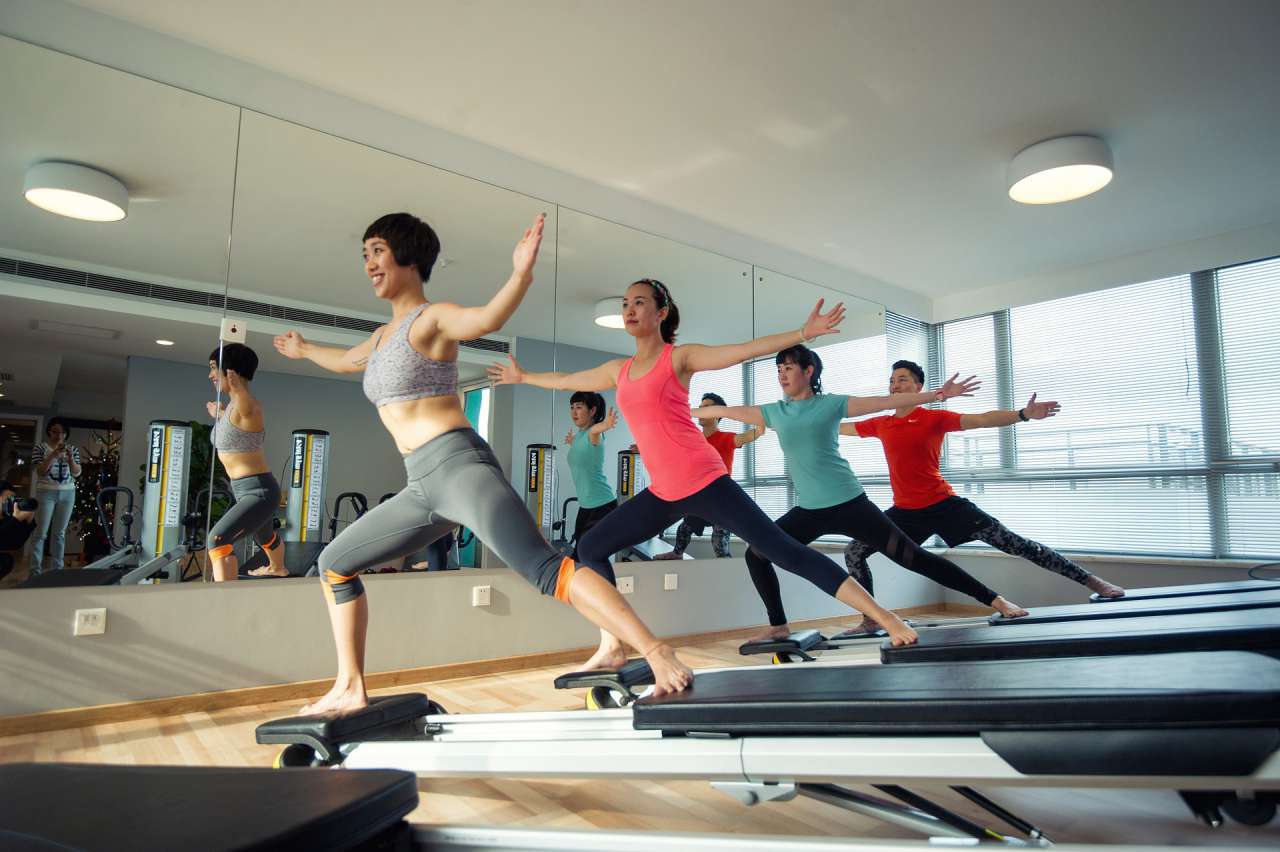Developed in the early 1900s by Joseph Pilates, this exercise program is designed to coordinate your breathing with your body movements, resulting in greater body control.
Who is Pilates for
Pilates is a universal workout. People of any age, gender, weight, or health status can exercise.
How does Pilates help
Positive effect on the musculoskeletal system: strengthening the back muscles and improving the health of the spine.

Increased flexibility, stretching. No fatigue after training.
There are no complex exercises in Pilates that require the use of great physical strength.
How Pilates affects the nervous system
Reduces Stress: Focusing on yourself and using breathing techniques in Pilates calms the nervous system, lowers cortisol levels and reduces stress over time.
Pilates helps fight insomnia Controlling your breathing, focusing on your body and calm Pilates exercises will help you get rid of stress and improve sleep.
You can do the exercises right before bed as a daily calming ritual.
Pilates classes develop coordination of movements, activate the brain, and help improve cognitive function of the brain and memory.
How many times a week should you go to Pilates
Pilates is not a sport, not a hobby or entertainment.
Pilates is body hygiene. Therefore, you need to exercise at least three times a week.












